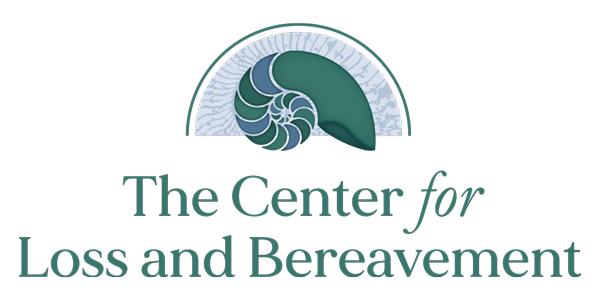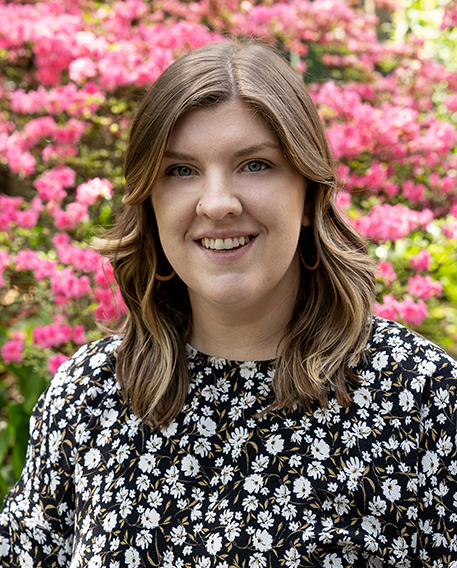In episode 4 of All There Is, Anderson Cooper opens by once again going through his mother’s belongings. Only this time, he discovers some of his dad’s items. He plays some of the recordings his father made from a book he had written, and in these recordings, his father talks about being a father to Anderson and his brother, and what that meant for him. This sets the stage for the discussion he has with his guest, Molly Shannon, where they talk about the lifelong impact of losing a parent.
When Molly was 4, she lost her mom, baby sister, and cousin in a car accident. Her dad had been driving after drinking, and lost control of the car. They assume he may have dozed off. Only Molly and her dad survived the accident. Throughout the episode, Molly has a surprising level of positivity when talking about how these losses impacted her over time, but she does discuss both sides of that coin, and the difficulties it brought for her as well. In my own conversations with clients and group participants, a huge topic that comes up is the complexity of grief, that we can be angry, sad, worried, and happy all at the same time about the same event.
Molly talks about her grief over different life stages; from being a kid, to a young adult first going out in the world, to now, as she has become a mom herself. She talks about how she first couldn’t understand the loss completely, how she thinks she was too young at the time to fully grasp the gravity of the situation. In a way, she is right, because as kids grow and develop, so does their understanding of grief. When a child is 4, they have a difficult time with understanding the permanency of the loss, the irreversibility of it. As we grow and understand more about the world, we can understand more about the loss and how it impacts us.
Molly also talks about how she avoided her grief for a long time, a theme that Anderson keeps coming back to in his own grief journey. She says how it made her “reckless” and gave her more ability to do the “crazy stunts” we see her do on SNL and throughout her career. She also discusses how angry she was, but didn’t really know it until someone else told her how much anger they could see in her characters. To me, this speaks to the dual process, and the importance of “leaning into grief and leaning out of it.” Molly did a lot of leaning out, so the parts that needed the leaning in, escaped in ways that she didn’t even realize. It also speaks to the way that creativity can be an amazing outlet for grief for folks who don’t really want to sit around and talk about it.
Molly says throughout the podcast that her work with her therapist has helped her to understand and look back at these things that she didn’t understand before, because of how young she was. It gave her time to sit and reflect on how her grief really did permeate throughout her life, and how she wants to choose to act moving forward, especially as a mom herself.
She ends the podcast on a beautiful note of gratitude, and Anderson agrees with her. The other side of the coin is the gratitude for what their parents did for them in the time they were “lucky to have.”

